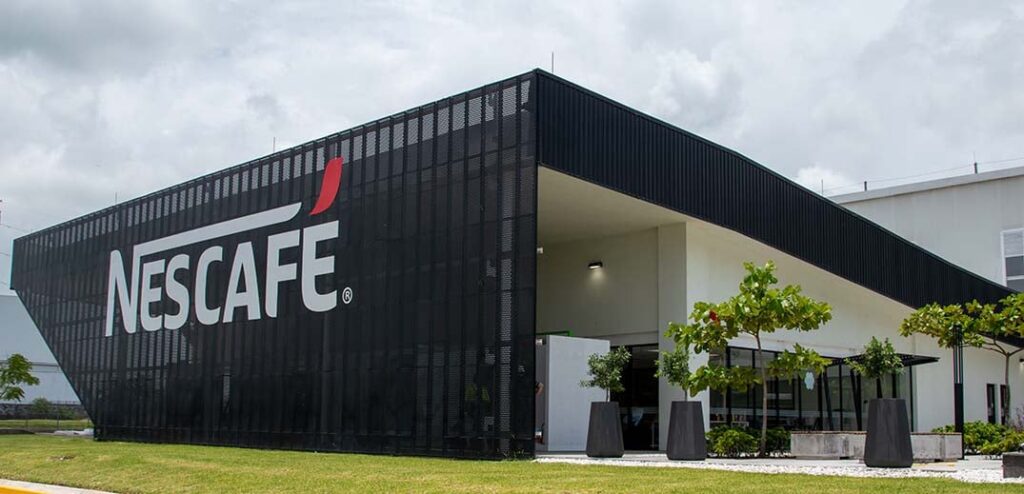Nescafé Surpasses 2025 Regenerative Farming Target

- Nescafé sourced 32% of its coffee via regenerative agriculture in 2024, exceeding its 2025 goal by 12%.
- Greenhouse gas emissions dropped by 20–40% per kilogram of coffee, while regenerative methods boosted farmer resilience.
- A $500–600M annual investment in regenerative agriculture could yield $2B+ in income and cut 3.5M metric tons of CO₂e.
Nescafé has outperformed its 2025 regenerative agriculture goal a year early—sourcing 32% of its coffee in 2024 from farms using regenerative practices, against its target of 20%.
This milestone, revealed in the latest Nescafé Plan 2030 Progress Report, reflects the growing momentum for sustainable farming practices amid rising climate risks and market volatility in the coffee sector.
“Regenerative agriculture is at the heart of the Nescafé Plan and our efforts to build resilience in our coffee supply chain,” said Axel Touzet, Head of Nestlé’s Coffee Brands Strategic Business Unit. “Farmers are becoming increasingly aware of the benefits of these practices, as shown by the increased adoption rates.”
Lower Emissions, Higher Productivity
Coffee farms implementing practices like optimized fertilization, composting, mulching, and soil cover have seen greenhouse gas (GHG) emissions drop between 20% and 40% per kilogram of green coffee. These improvements not only reduce environmental impact but also improve long-term cost-efficiency for growers.
Nescafé distributed 21 million new coffee plantlets in 2024, helping aging farms maintain productivity in the face of worsening climate challenges. The company’s regenerative programs now span over 400,000 hectares, with more than 1,400 agronomists training over 200,000 farmers across 16 countries.
Regeneration Pays Off
A joint study with TechnoServe highlighted the economic upside:
“We have the data to show that regenerative agriculture is not only good for nature, but essential for farmer livelihoods and the future of the coffee industry,” said Paul Stewart, Global Coffee Director at TechnoServe.
The study found that $500–600 million in annual investment could yield over $2 billion in farmer income, $2.6 billion in additional exports, and 3.5 million metric tons of CO₂e abated annually. It also forecasts spillover benefits in soil health, biodiversity, and water conservation.
Building Business Resilience
Through its partnership with the Deutsche Gesellschaft für Internationale Zusammenarbeit (GIZ), Nescafé supports farmers through Farmer Business Schools—teaching them how to diversify income, invest wisely, and scale regenerative practices for long-term profitability.
“Coffee production is a business, and farmers need to make informed decisions,” Nescafé noted in the report.
Bottom Line:
Nescafé’s early achievement signals more than a sustainability win—it underscores a viable, investable model for securing the future of coffee while delivering clear returns in climate impact, productivity, and farmer income.
Follow ESG News on LinkedIn








